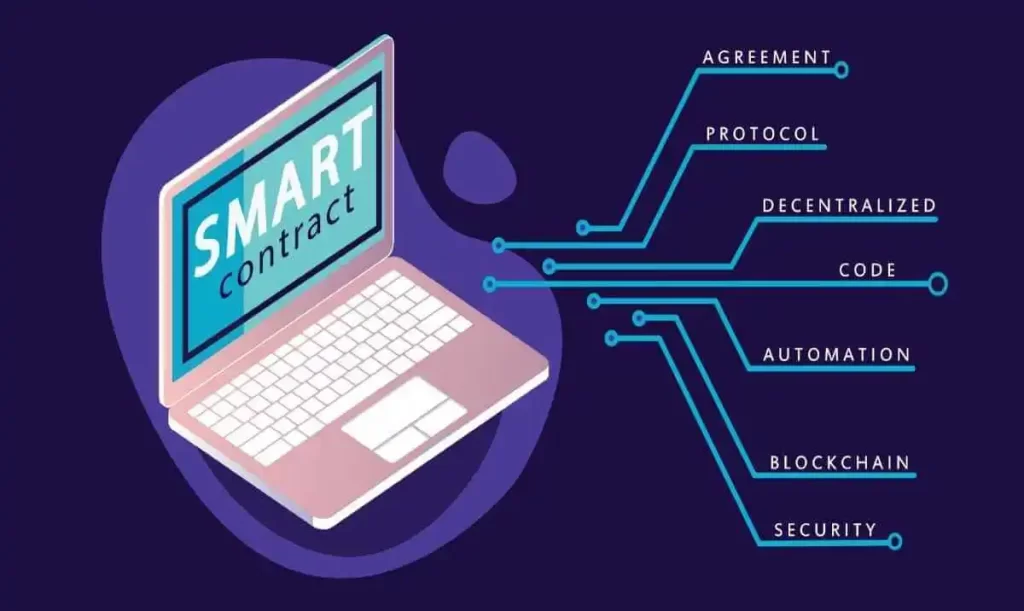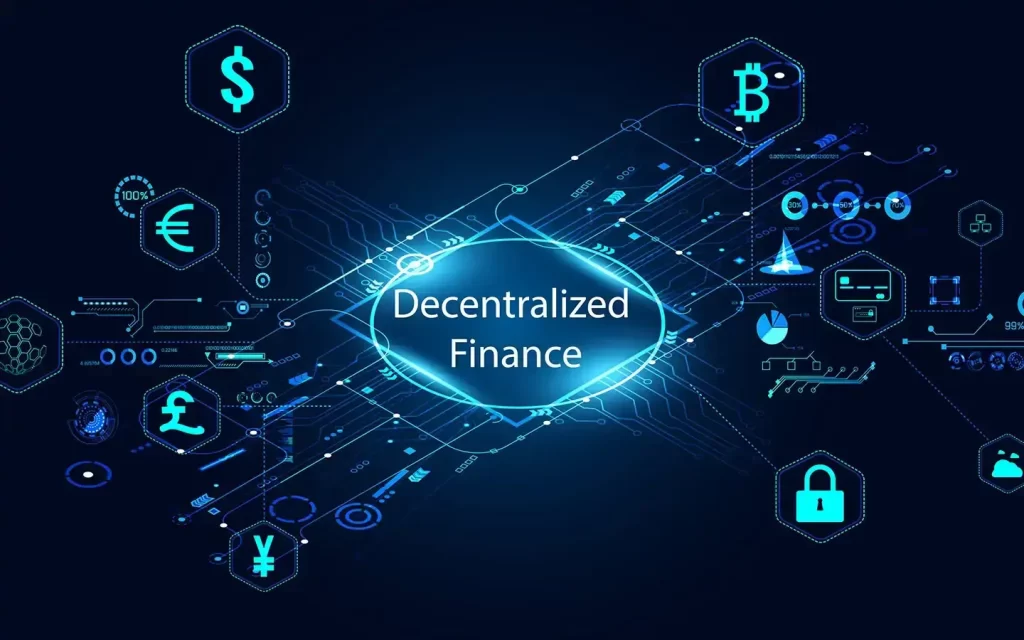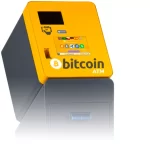
- 19 Jun 2021
- Dan
- Cryptocurrency
- Comments: 0

In the realm of blockchain technology, smart contracts have emerged as a groundbreaking innovation that holds immense potential. In this informative blog post, we will delve into the concept of smart contracts, exploring their capabilities, benefits, and real-world applications. Prepare to discover the transformative power of smart contracts on the blockchain.
Content
What are Smart Contracts?

Smart contracts are self-executing digital agreements that run on the blockchain. They are coded with predefined rules and conditions, eliminating the need for intermediaries and automating the execution of contractual obligations. These contracts operate transparently and autonomously, ensuring trust, security, and efficiency in various domains.
The Advantages of Smart Contracts
By harnessing the power of smart contracts, several advantages are unlocked. Firstly, smart contracts eliminate the need for intermediaries, reducing costs and streamlining processes. Additionally, they offer unparalleled transparency, as all contract-related data is recorded on the blockchain, providing an immutable audit trail. Furthermore, smart contracts enhance security by utilizing cryptographic encryption, making them resistant to tampering and fraud.
Real-World Applications
The potential applications of smart contracts are vast and extend beyond the financial sector. Supply chain management, for instance, can benefit from smart contracts by automating processes such as product tracking, verification of authenticity, and automatic payment settlements. In the realm of real estate, smart contracts can revolutionize property transactions by simplifying the transfer of ownership, ensuring compliance with regulations, and securely managing escrow accounts.
Decentralized Finance (DeFi)

Smart contracts have played a pivotal role in the rise of decentralized finance (DeFi). DeFi platforms leverage smart contracts to enable various financial services such as lending, borrowing, and decentralized exchanges. These contracts eliminate the need for traditional intermediaries, providing users with greater control over their assets and offering opportunities for yield generation through liquidity pools and staking mechanisms.
Challenges and Considerations
While smart contracts offer immense potential, they are not without challenges. The immutability of the blockchain means that once a smart contract is deployed, it cannot be altered. This highlights the importance of thorough testing and auditing to identify and rectify potential vulnerabilities before deployment. Additionally, legal and regulatory frameworks are still evolving to keep pace with the technological advancements of smart contracts.
The Future of Smart Contracts
As blockchain technology continues to evolve, the future of smart contracts appears promising. The integration of smart contracts with emerging technologies like the Internet of Things (IoT) and Artificial Intelligence (AI) opens up new avenues for automation and seamless interactions between digital and physical systems. The potential for self-executing agreements to revolutionize industries and reshape business processes is vast.
Final Words
Smart contracts on the blockchain represent a paradigm shift in the way agreements are made, executed, and enforced. Their ability to automate processes, enhance transparency, and streamline operations is transforming industries across the globe. As we embrace this disruptive technology, it is crucial to navigate the challenges and explore the vast possibilities that smart contracts offer. Prepare to witness the continued evolution and widespread adoption of smart contracts as they revolutionize our digital landscape.

Hi, I’m Dan and I write blogs for businesses. I’ve been doing this since 1994 and have written over 10,000 blog posts (and counting). I love writing about what you’re passionate about and how to make your business successful. So if you want to know more about blogging or social media marketing, just let me know!







